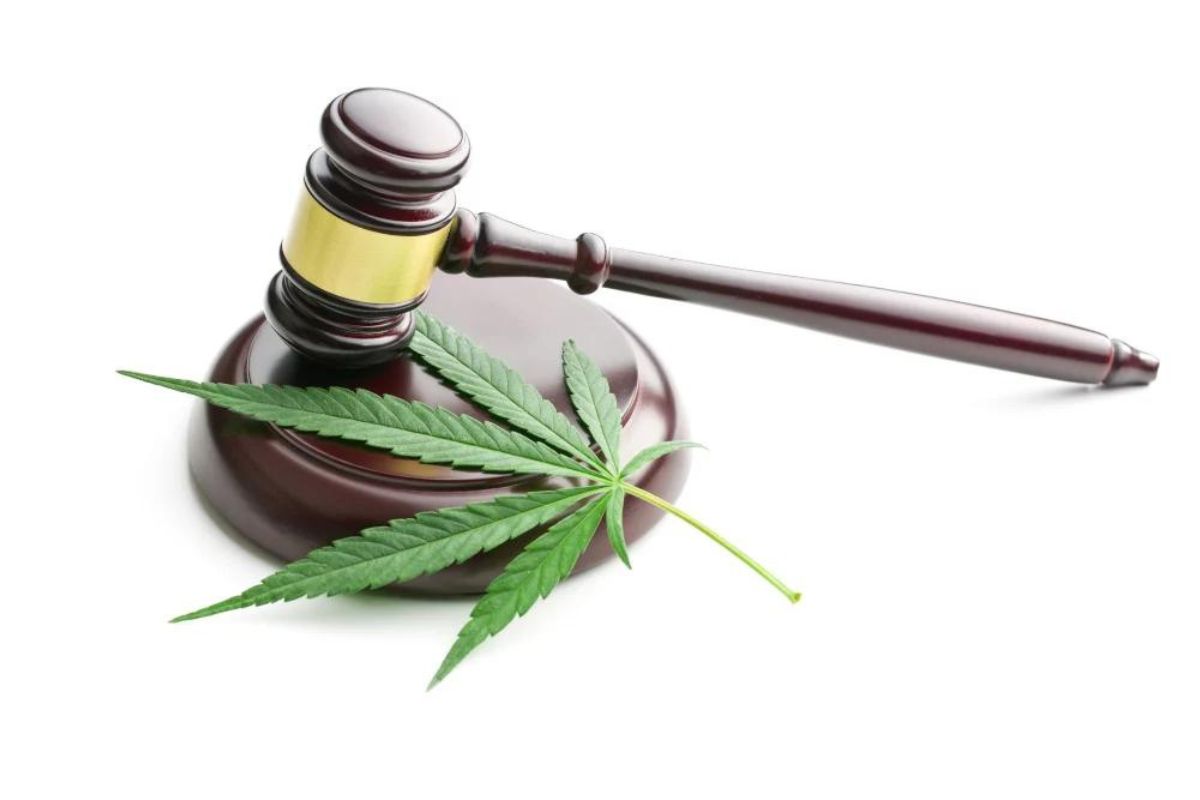Hemp: The friend or the foe?

In this one, we discuss why hemp gets a bad name because of its cousin Marijuana, who’s always flying high.
For many centuries, hemp has been demonized and vilified by governments and industries around the world. Only recently has the public started to become more educated about the plant and its many uses, both for industrial purposes and as a natural remedy. However, there is still a lot of stigma surrounding hemp, especially when it comes to its uses. In this article, we’ll explore some of the most common misconceptions about hemp so that you can make your own informed decision about whether or not to use it.
Stigma surrounding hemp
Hemp has long been associated with marijuana, and as a result, it has often been stigmatized. However, hemp is a different plant altogether and has a variety of uses that have nothing to do with getting high. In recent years, the stigma surrounding hemp has begun to dissipate, but there are still many misconceptions about this versatile plant.
Hemp is a type of cannabis plant, but it contains only trace amounts of THC, the psychoactive compound that gets users high. This means that hemp cannot be used for recreational purposes. Instead, it is often used for industrial purposes, such as making rope, paper, and clothing.
Despite its many uses, hemp has often been overshadowed by its more famous cousin, marijuana. This is because both plants are members of the cannabis family and look very similar. However, marijuana contains high levels of THC, while hemp contains only trace amounts. This difference is what makes hemp unsuitable for recreational use.
Despite the fact that they are different plants with different effects, many people still believe that hemp is a dangerous drug. This stigma has made it difficult to research the potential medical benefits of hemp and to develop hemp-based products.

Changing the stigma
Educate yourself and others about the plant. Most people don’t know the difference between hemp and marijuana, so it’s important to spread accurate information.
-Support businesses that use hemp. There are a growing number of companies using hemp in their products, so show your support by buying from them.
-Talk about the positive uses of hemp. Whether it’s for industrial purposes or personal use, talking about how hemp can be beneficial helps to change the perception of it.
As more people learn about the potential of hemp, it is likely that its reputation will continue to improve.









